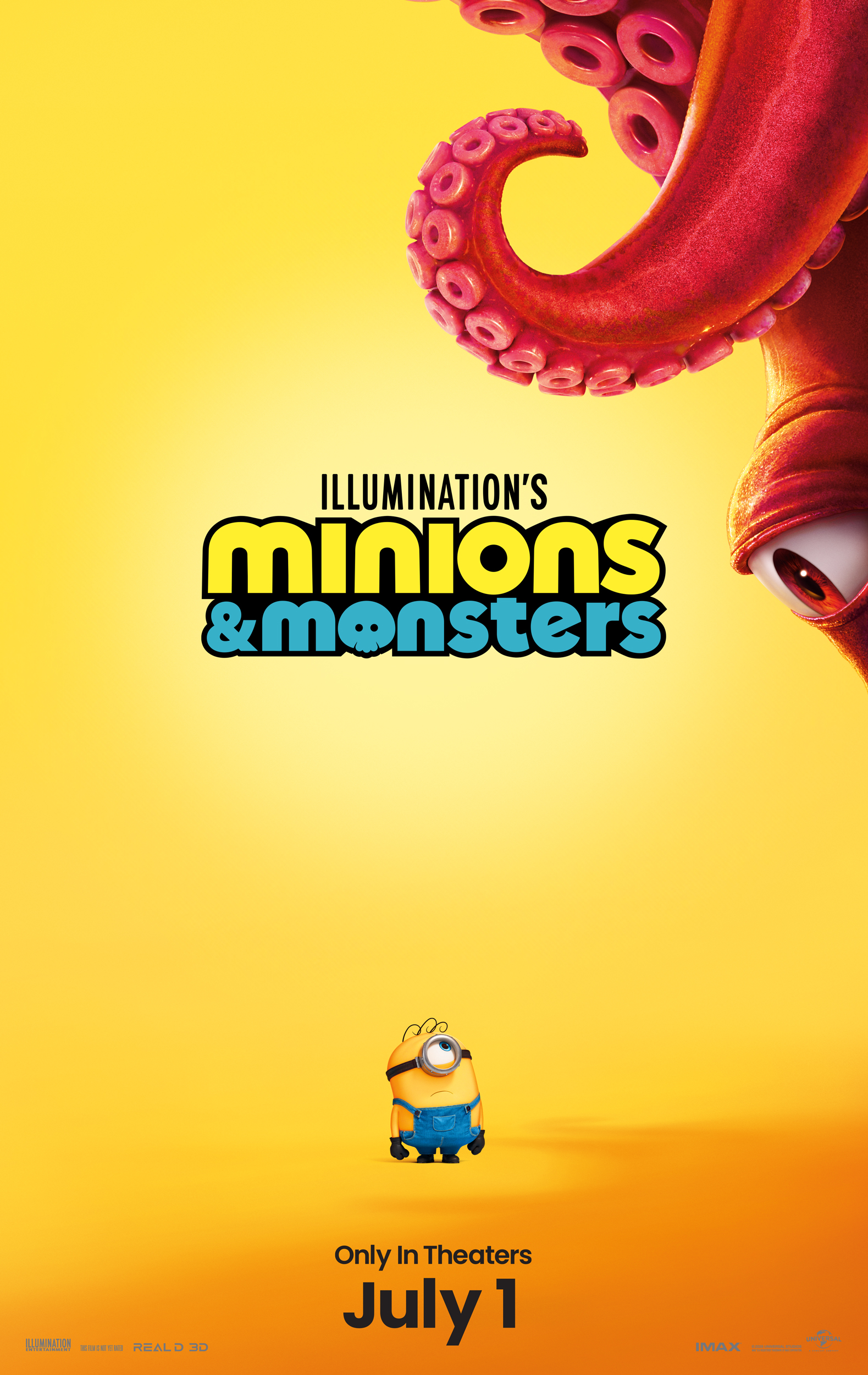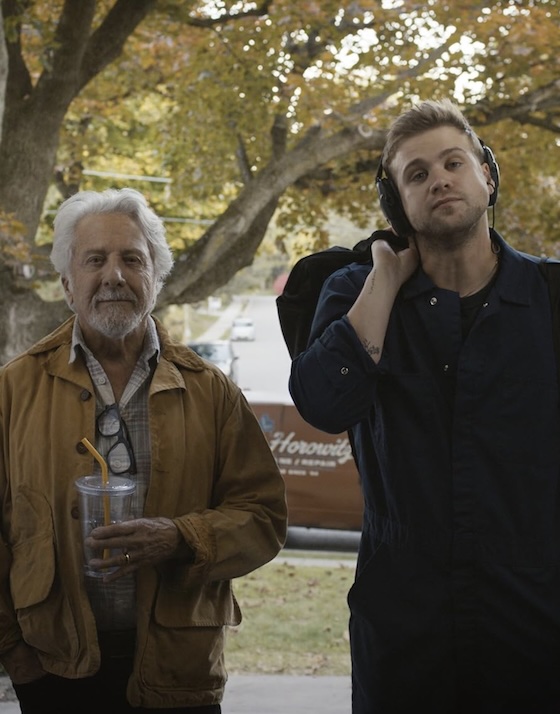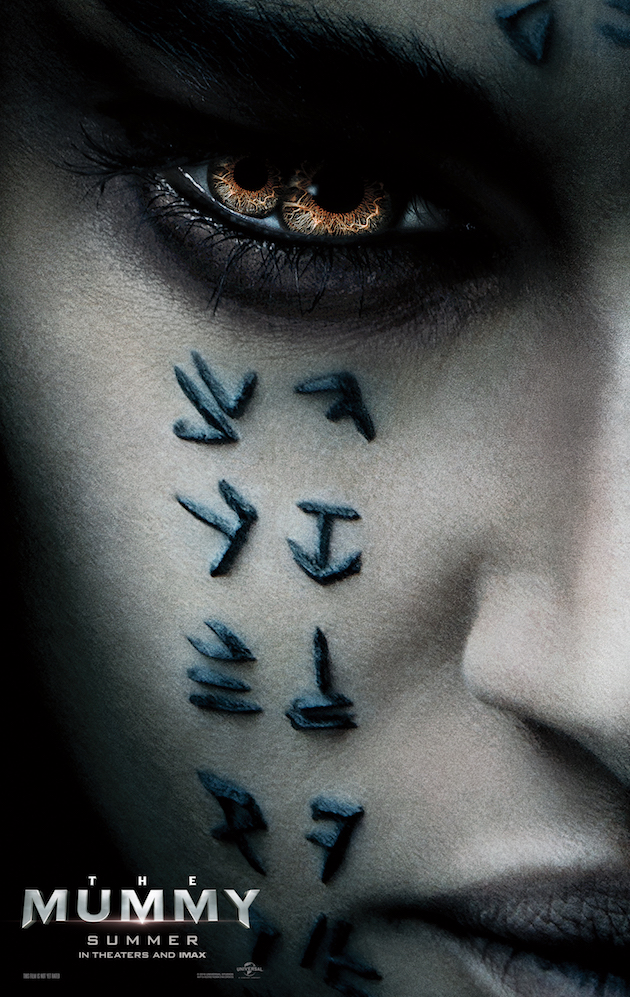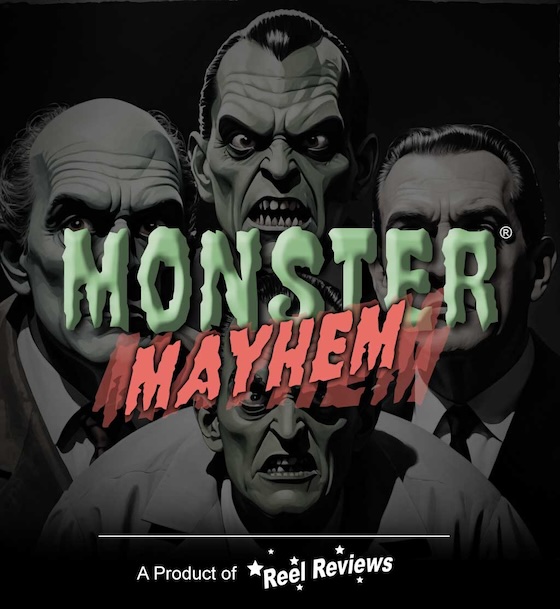{googleAds}
<div style="float:left">
<script type="text/javascript"><!--
google_ad_client = "pub-9764823118029583";
/* 125x125, created 12/10/07 */
google_ad_slot = "8167036710";
google_ad_width = 125;
google_ad_height = 125;
//-->
</script>
<script type="text/javascript"
src="http://pagead2.googlesyndication.com/pagead/show_ads.js">
</script></div>{/googleAds}In December 2007, two critically acclaimed novels borne from childhood deception - Ian McEwan's Atonement and Khaled Hosseini's The Kite Runner - matured into visually powerful redemption pieces, each vying to calm the rippling effect of innocence lost. Although each majestically stands alone, there is no denying that thematically and structurally, the parallels are stunning: the privileged child's inventions about an honorable servant and loyal son; a scathing betrayal that forces not only familial separation but the tragic loss of innocent lives; the paralyzing guilt and fear that continue to haunt them throughout their adult lives; the desperate search for atonement through war and pen; and of course, the almighty power of love and forgiveness.
But while The Kite Runner is arguably the commercially-superior novel, Director Marc Forster (Finding Neverland, Monster's Ball) and Screenwriter David Benioff's (Troy) rushed film adaptation, albeit moving, fails to breathe the profoundly emotional and psychological life that soared through Hosseini's deftly crafted prose. And despite the greatest of intentions, it is ultimately that emotional disconnect that allows The Kite Runner to drift into the redemptive shadows of its poetically fluid and Oscar®-kissed companion.
Ironically, The Kite Runner begins, revisits and ends in San Francisco, but California is never its true home. Instead, its roots are planted firmly in the dusty streets of Kabul, where two inseparable, young friends run arm-in-arm to matinees of The Magnificent Seven, reciting the tragic tale of Sohrab and Rostam beneath blooming pomegranate trees, and racing kites through pre-Soviet skies. A time of peace, in more ways than one, it is here that when asked to do something for his friend and master Amir (Zekeria Ebrahimi), the loyal and good-natured Hassan (Ahmad Khan Mahmidzada) yells â"For you, a thousand times over." These are words that will continue to resonate within Amir for years to come.
Despite being nursed from the same breast, Amir and Hassan's worlds are strictly divided by class lines. The Pashtun son of a wealthy and esteemed businessman (Baba, played by a fantastic Homayoun Ershadi), Amir's articulate mind and imaginative story-writing carry minimal weight with a demanding and emotionless father. Rather, it is the courage and physical strength of Hassan, particularly when defending Amir against neighborhood bullies, that earns Baba's respect and love; attributes that Amir longs to have, but accepts he may never possess.
Though full of love and resigned to his station in life, Hassan is perpetually stoned with childish ridicule for being a Hazaran servant; nevertheless, after preparing Amir's food and ironing his clothes, he longs for his literate friend to read to him and declare oaths of lifelong kinship. And in the prestigious kite-flying tournament, Hassan vows to use his kite running skills to retrieve the winning kite for his friend so that Amir will shine in Baba's eyes. But as Hassan runs feverishly through town, he is unexpectedly cornered by menacing bullies seeking revenge. As Amir stands in the shadows, he listens as faithful Hassan vehemently defends him, his kite and their friendship against three hateful teens. Wide-eyed, he watches as Hassan falls victim to a most monstrous act. Even more monstrous, however, is that he does nothing to stop it.
Slowly, pervasive guilt and festering jealousy over Baba's concern for Hassan, consume Amir, leading him to unconscionably concoct a story that will drive his friend away forever. However, the relentless pain does not subside with Hassan's absence; instead, it will transcend continents and generations, haunting Amir long after he and Baba escape the Russian invasion and emigrate to the United States. But when Amir (Khalid Abdalla) receives a phone call telling him that, twenty-six years after the rape and pillage of character and country, â"there is a way to be good again," he must summon the courage to not only step back into a dangerous homeland now ruled by the Taliban regime, but a gnawing past that desperately needs redeeming, if not for himself, then for Hassan.
Truth be told, I do not envy Forster; adapting an international bestseller - particularly a first person narrative like The Kite Runner - to screen is an extremely daunting challenge. But while he certainly has the emotional wherewithal for the task, Forster's final product - that remains painfully true to the material, save a few creative liberties - leaves an impression on the heart, but not nearly as deep as that left by Hosseini's famed novel.
Compacting 371 pages of material into a claustrophobic 127 minutes of film, Amir's once intensely emotional journey becomes lost somewhere in the chaotic streets of war-torn Afghanistan, barely scratching the psychological surface of the novel's tormented anti-hero. It glosses over the atrocities of the ruling Taliban - whose halftime entertainment involves stoning an adulterous couple to death - and Amir's connection with young orphan, Sohrab. Instead, as the clock winds down, Forster has no choice but to quickly plod on, wrapping up the frazzled ends with far too clean resolutions. Those sacrifices in the all-important third act - frustrated legal proceedings, Sohrab's poignant bathroom scene and the emblematic harelip - make us wish that Forster had committed to even thirty additional minutes of screen time. That, quite possibly, could have made the difference between a good film and a magnificent one.
Unfortunately, other than the phenomenal transformation from pre-Soviet Kabul to modern day Afghanistan (filmed in Kashgar, China due to the violence in Afghanistan) and the gorgeous windswept kite scenes, The Kite Runner offers little else of visual interest. Instead, its beauty is found in two little boys from Kabul.
It is in the scenes between young Hassan and Amir that embody the unblemished innocence of children; friendship that, until taught, knows no racial, economic or cultural barriers, only love. First time actors, Ebrahimi and Mahmidzada achieve a naturalness onscreen that is unforgettably heart-warming; something that experienced child stars may have never achieved. But that beauty has come with a price. For their safety, Paramount reportedly had to relocate the young actors after production, assuming responsibility for their living expenses until adulthood, merely due to their participation in the alley scene (which included a body double). Ironically, those boys have not only put a human face to fictional tragedy, but to the ever-present dangers of our modern world.
Despite its foreign tongue (Dari-Persian with English subtitles), The Kite Runner remains, in any medium, a moving portrait of universal themes felt the world-over: love, honor, friendship, the bond between fathers and sons, brotherhood, loss, guilt and redemption. Its symbolism shines in the peaceful kite-flying skies, as Amir cuts through his opponents and Hassan instinctively knowing where they land, and in Hassan as the embodiment of Afghanistan, attacked by the Taliban as the world looks on. And like the rhythmic typewriter that punches through Atonement, The Kite Runner is constantly swept by the rustling wind, a constant reminder of the lone pastime that joined brothers, one that ultimately separated them forever and one that will be passed to the next generation of sons. It is such frightening and equally unforgettable qualities that paint a portrait so human, that The Kite Runner ultimately transcends its faults.
Nevertheless, no matter how unfair it may seem, comparisons will forever be drawn between Marc Forster's The Kite Runner and the best-selling novel of the same name. For those who have yet to read Khaled Hosseini's vivid and engaging tale, the film adaptation will move you so deeply that you will long to drown in his fiction and discover the missing bricks in Amir's path to atonement. However, novel devotees whose tears have dried on at least a page or two, will, behind the history and politics, superficial friendship and unreciprocated love, find a heartbreaking, visual tale of original sin that, while beautiful, never quite soared to the heights of their beloved novel.
DVD Details:
Screen Formats: 1.33:1
Subtitles: English; French; Spanish; Closed Captioned
Language and Sound: English: English: Dolby Digital 5.1; French: Dolby Digital 5.1; Spanish: Dolby Digital 5.1
Other Features: Color; interactive menus; scene access; trailer..
* Commentary
o Feature-length commentary track with director Marc Forster, book author Khaled Hosseini and screenwriter David Benioff
* Featurettes
o Words of The Kite Runner (15:00)
o Images of the Kite Runner" (25:00)
* Trailer
Number of Discs: 1 with Keepcase Packaging
{pgomakase}



































